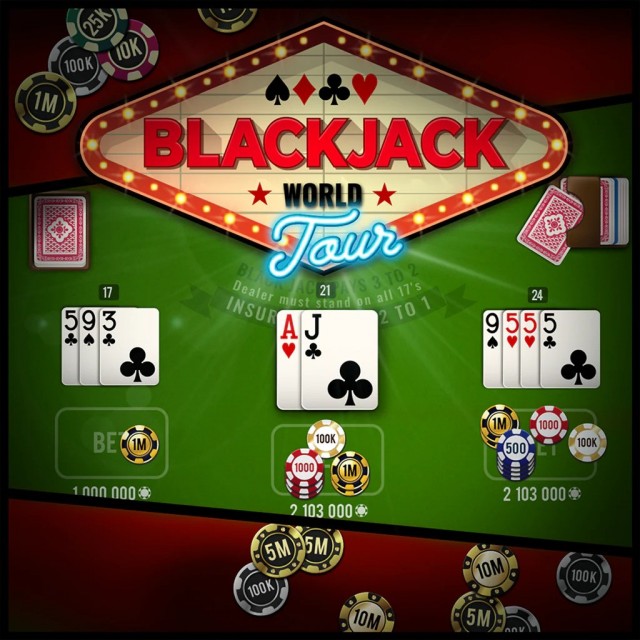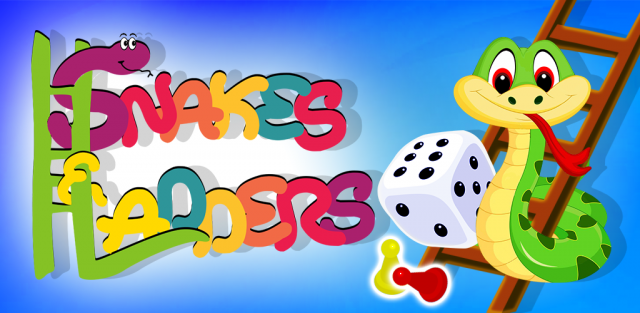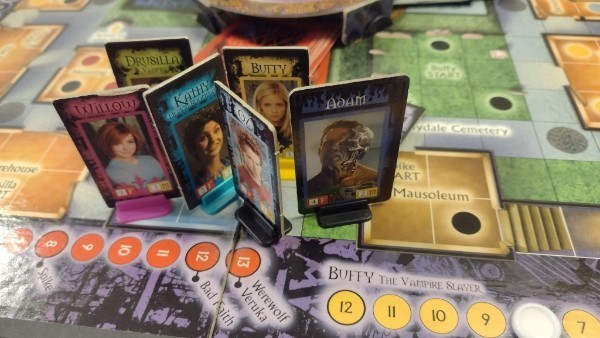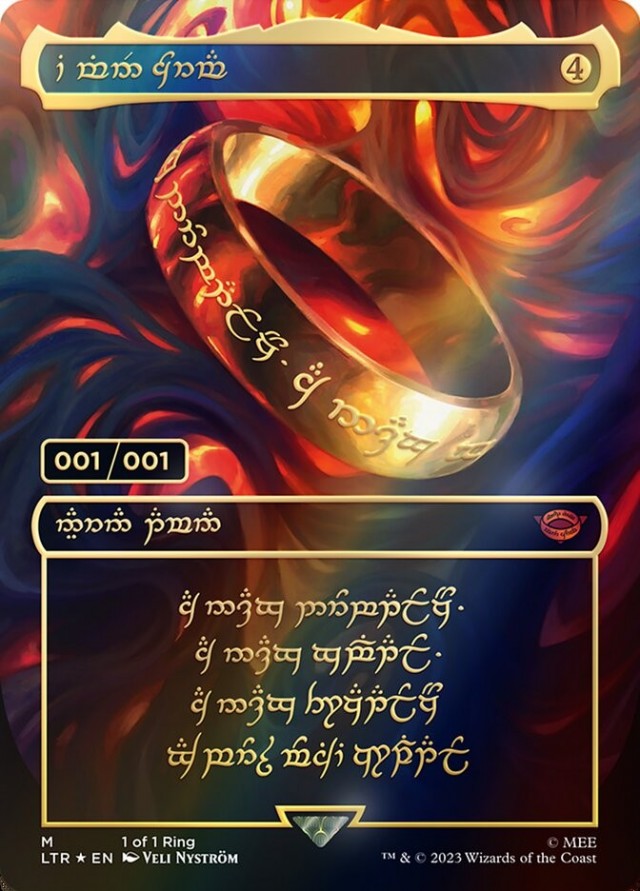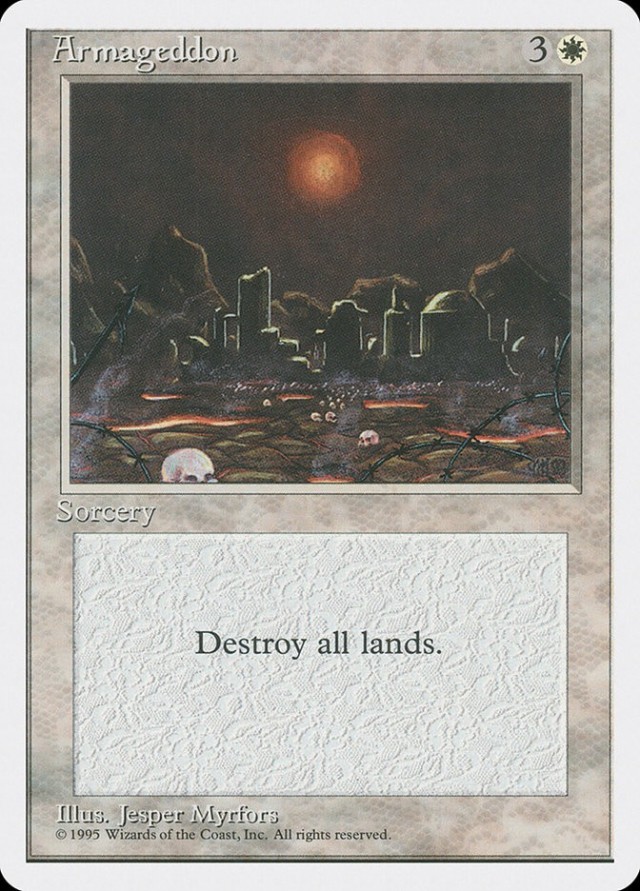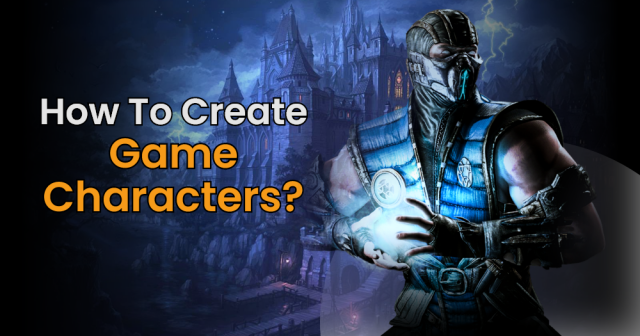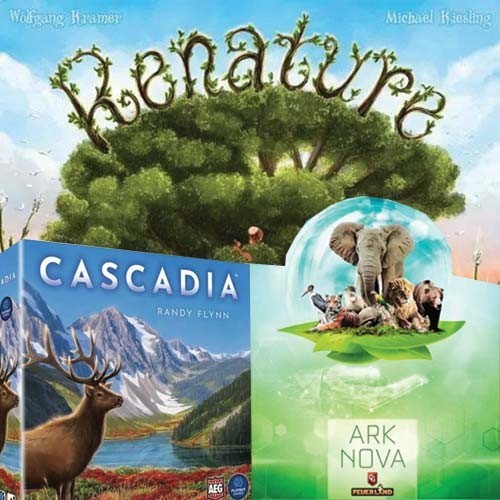Bit of a different format this time. After months of trying, I realised that the usual breakdown of my cultural activities was of interest to no-one. Plus I'm not really at my best talking about films and books. So when I do this from now on you'll get one linked board game review and one in-depth look at something else nerd-related. Probably a video game most of the time.
Board Games
The last thing I looked at for Shut Up & Sit Down has to rank as one of the most unusual. Legion of Honour is an overpriced card game recreating the life of soldiers in Napoleon's Grand Armee.
It's more like a role-playing game than a consim. You create a character with various stats and then draw cards to see what happens to him. The decks you pull from are built from a mixture of historical, plausible and fictional events from the period.
There's almost no strategy in it, since most of the events just happen to you with no choice involved. Sometimes you'll get to decide whether to be brave or cowardly in battle. Sometimes you'll fight a little duelling mini-game. Sometimes you can pull rank and interfere with the plans of your fellow officers. Ultimately, though, it's a game that can be won by a lucky card pull on the last turn after many hours of play.
So why would anyone play it? The answer is that it weaves the most extraordinary narratives of life in Imperial France. The detail is incredible, especially given the lack of flavour text. It's not a game about strategy or tactics but about historical soldiers as real, living, breathing beings.
There's some examples of what I mean in the review, but it really is a unique game. Surprisingly fun, too, although there are question marks over long-term replay value. And if the play time looks too much then, like most role-playing games, it's easy to pack up and pull out again.
For tabletop day this year I did what I should do every year. Rather than spend all day in a dark room playing a succession of identikit worker placement games, I got wasted with my friends and played Monopoly. It was hilarious, and I loved it.
Video Games
My desire to play Bloodborne has thrust me back into the world of Dark Souls. I remember a lingering sense from my last sessions with it that it contained too much deliberate obfuscation. Picking it up again reinforced that sense: I had to recall what upgrade paths my weapons and armour were on, and how I was planning to build my stats to wield them. The number crunching is complex and confusing to the point where even experienced players have trouble giving good advice. I still can't understand how anyone managed to work all this stuff out, given the lack of instructions in the game.
I read an interview with the director, Hidetaka Miyazaki recently where he revealed he was fond of reading books he could only partially understand. He'd fill in the gaps from his imagination. That sense of deliberate incompleteness permeates Dark Souls. When it comes to game mechanics, I'd argue it was a definite problem. In every other way it's a breath of fresh air.
Much has already been made of the way in which the game offers a fragmentary story, making the player fill in the gaps. It's not necessary to drink at Lordran's lore vessel to enjoy the game: a lot of the backstory still puzzles me. But by refusing to spoon-feed the player narrative, the game retains a sense of mystery and discovery throughout, pulling you deeper into its dangerous world.
The same is true of the combat. The difficulty level forces you to observe, learn and practice for every new encounter. It gets wearing, but it also ensures that the game remains fresh and challenging right up to the last moment.
What struck me while playing recently is how these aspects of the game relate it to the Rogue-like genre. There's no obvious connection: Dark Souls has no permadeath and no procedural generation. What's similar is the sense of danger, of exploring the unknown.
In a Rogue-like game every step into the blackness is a step into peril, weighted with tension. You have no way of knowing what's out there, and whether it will kill you. Similarly, being unable to predict what's ahead is a big lure toward ignoring the danger and continuing to explore. And both these things are a key part of the appeal of the Souls games.
So perhaps it's not surprising that we now see procedurally generated dungeons in Dark Souls' spiritual successor, Bloodborne.
What's really striking about both Miyazaki's game and Rogue-likes, though, is how they reject the power fantasy behind most AAA gaming. They treat players like adults, facing them with unpredictability and making them learn from their mistakes through harsh consequences. Yet Dark Souls is very much a big budget game in other respects. It's a testament to its quality that so many hardcore gamers have latched onto it.
 Games
Games How to resolve AdBlock issue?
How to resolve AdBlock issue? 
